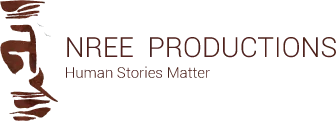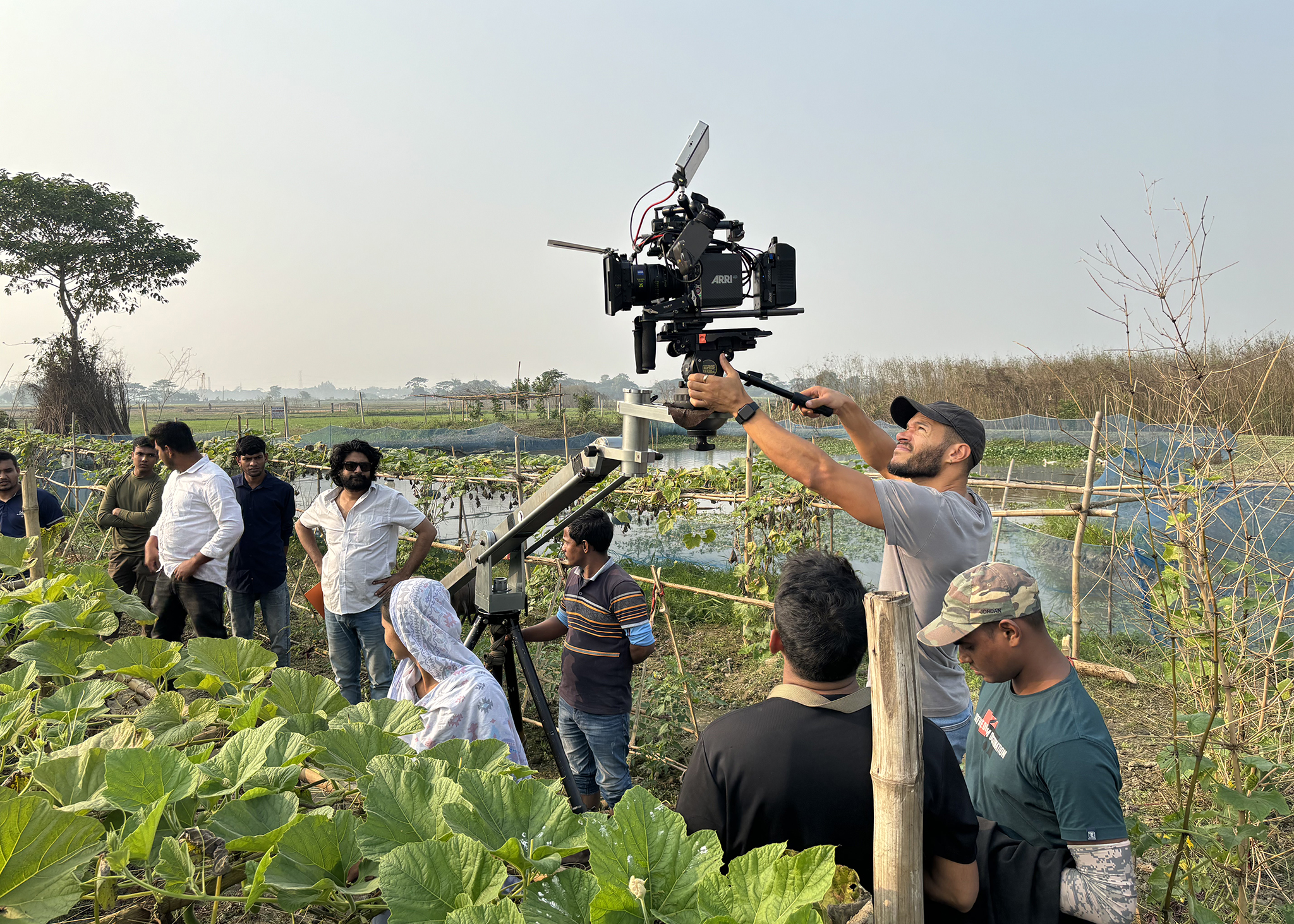Bangladesh’s stunning landscapes … rich culture, and hidden filming spots make it a dream for filmmakers. From the Sundarbans’ greenery to Dhaka’s Old Town and the Rohingya camps, stories await. Navigating permits and logistics can be tough, but the Perfect Film Fixer in Bangladesh ensures a seamless shoot, handling everything so you can focus on your vision.
This is where a perfect film fixer comes in: a local expert who acts as your guide, coordinator, and problem-solver. A good fixer can make your production run like clockwork, but choosing the right one is crucial. Here are 7 key tips to help you select the perfect film fixer in Bangladesh for your next project.
1. Understand Your Project’s Unique Needs
The first step in finding the perfect film fixer is understanding your own needs. Are you shooting a commercial, a documentary, or a feature film? Do you need assistance with location scouting, obtaining permits, or sourcing talent? Defining these details upfront will help you identify a fixer with the right expertise.
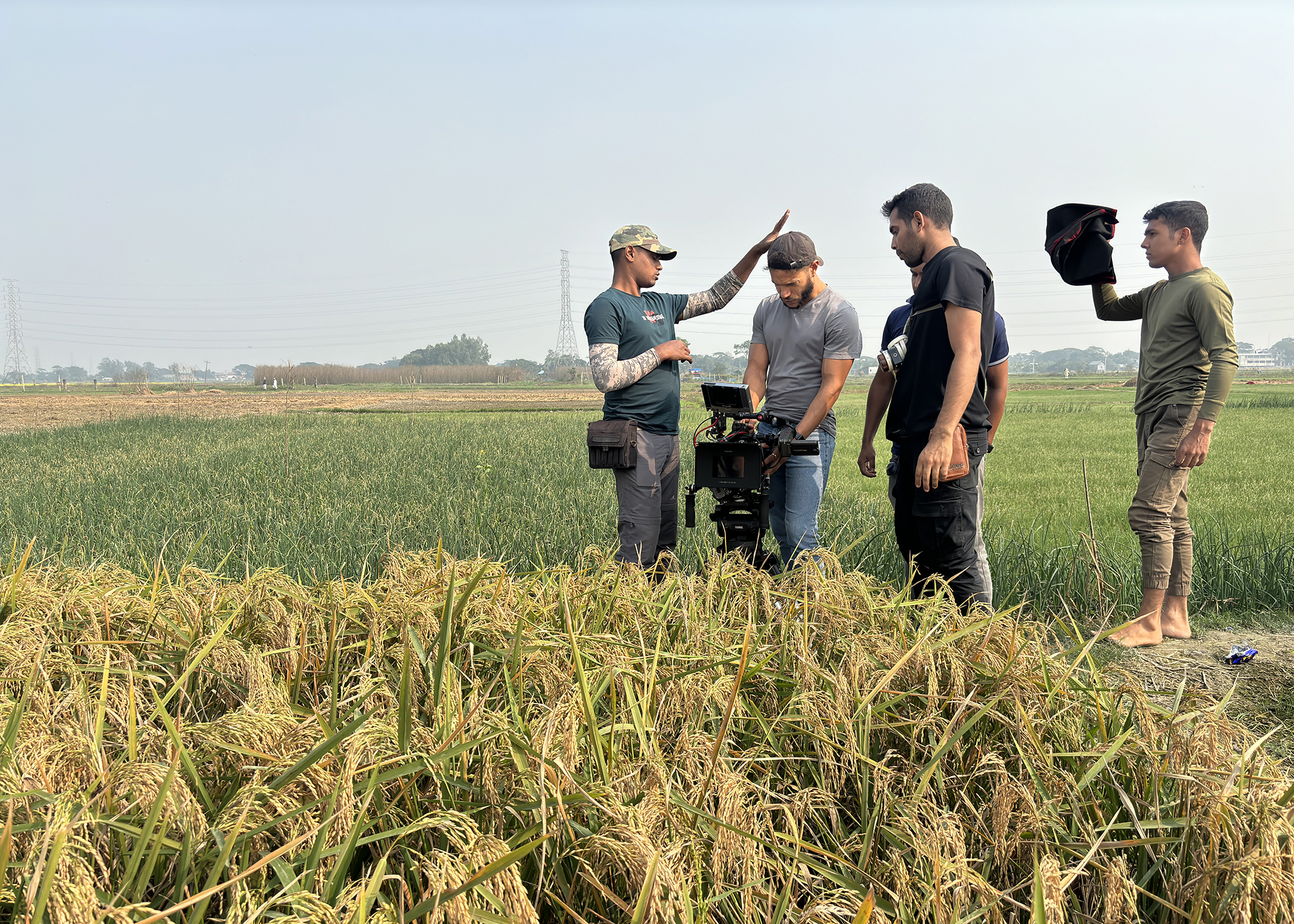
For instance, filming in the Rohingya camps demands not just local knowledge but also a deep understanding of the ethical and logistical challenges involved. Knowing your project’s specific requirements ensures that the fixer you hire aligns perfectly with your goals.
Pro Tip: Some fixers specialize in particular types of projects, like documentaries or large-scale productions. Make sure to match their expertise to your project.
2. Look for Relevant Experience
Experience is one of the most important factors when hiring a fixer. An experienced fixer will have a solid understanding of the local film industry, permitting processes, and potential hurdles that might arise during production.
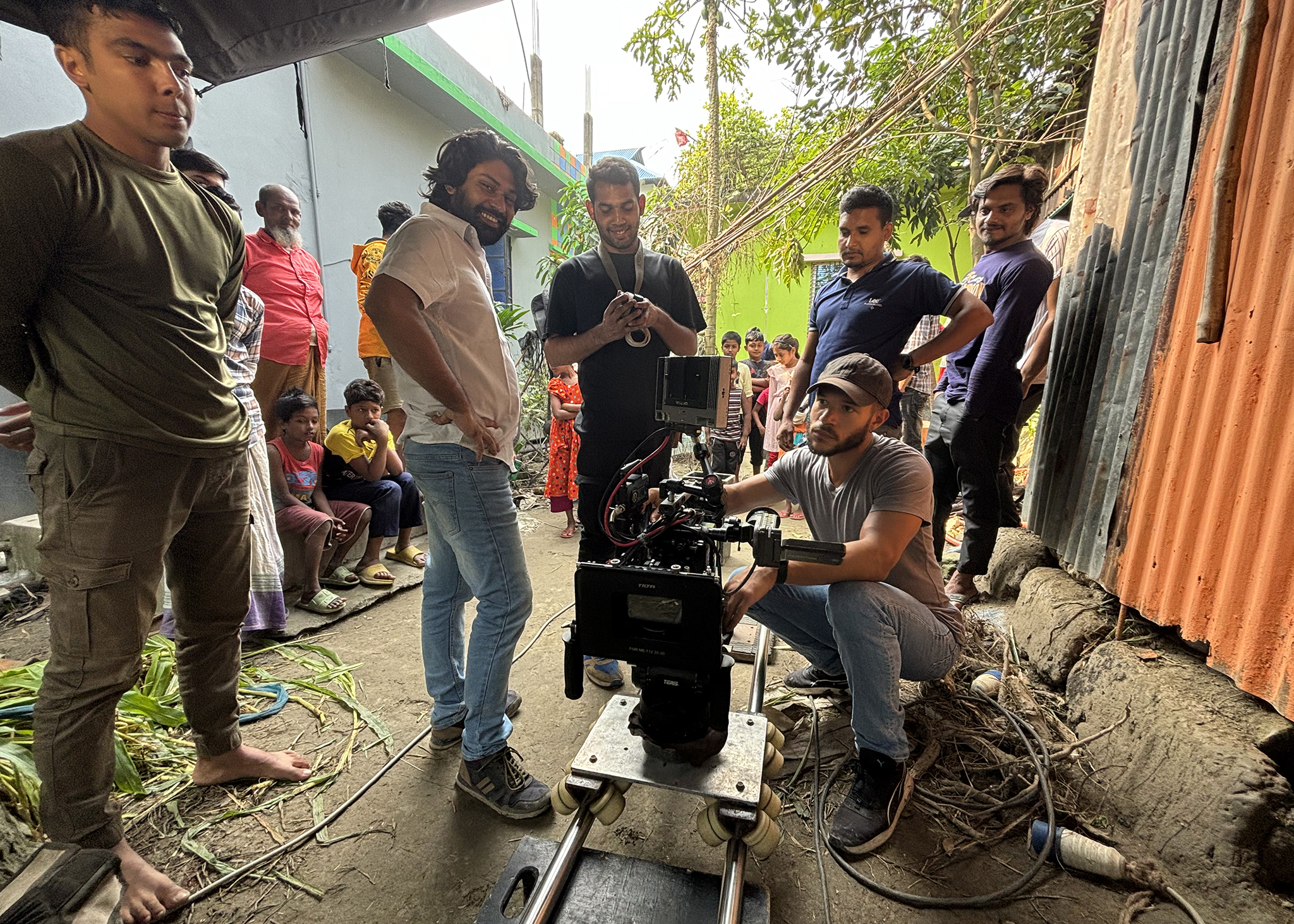
Questions to Ask:
- How many years have you worked as a fixer in Bangladesh?
- Have you handled similar projects before?
- Can you share examples or success stories from past productions?
A fixer with experience in both urban and rural settings, or even specialized environments like the Rohingya camps, can save you time and effort by anticipating and solving problems before they escalate.
3. Verify References and Client Feedback
A reliable fixer will have a track record of satisfied clients. Don’t hesitate to ask for references or testimonials from previous projects. Speaking directly with past clients can provide a clearer picture of what it’s like to work with the fixer.
What to Look For:
- Were they professional and reliable?
- Did they handle challenges effectively?
- Did their services align with the budget and timeline?
Pro Tip: Online platforms like Nree Productions or personal recommendations from industry peers can also help you find trusted fixers.
4. Prioritize Local Knowledge
One of the biggest advantages of working with a fixer is their local expertise. In Bangladesh, this can mean knowing the best times to film in specific locations, understanding cultural sensitivities, and having strong relationships with local authorities.
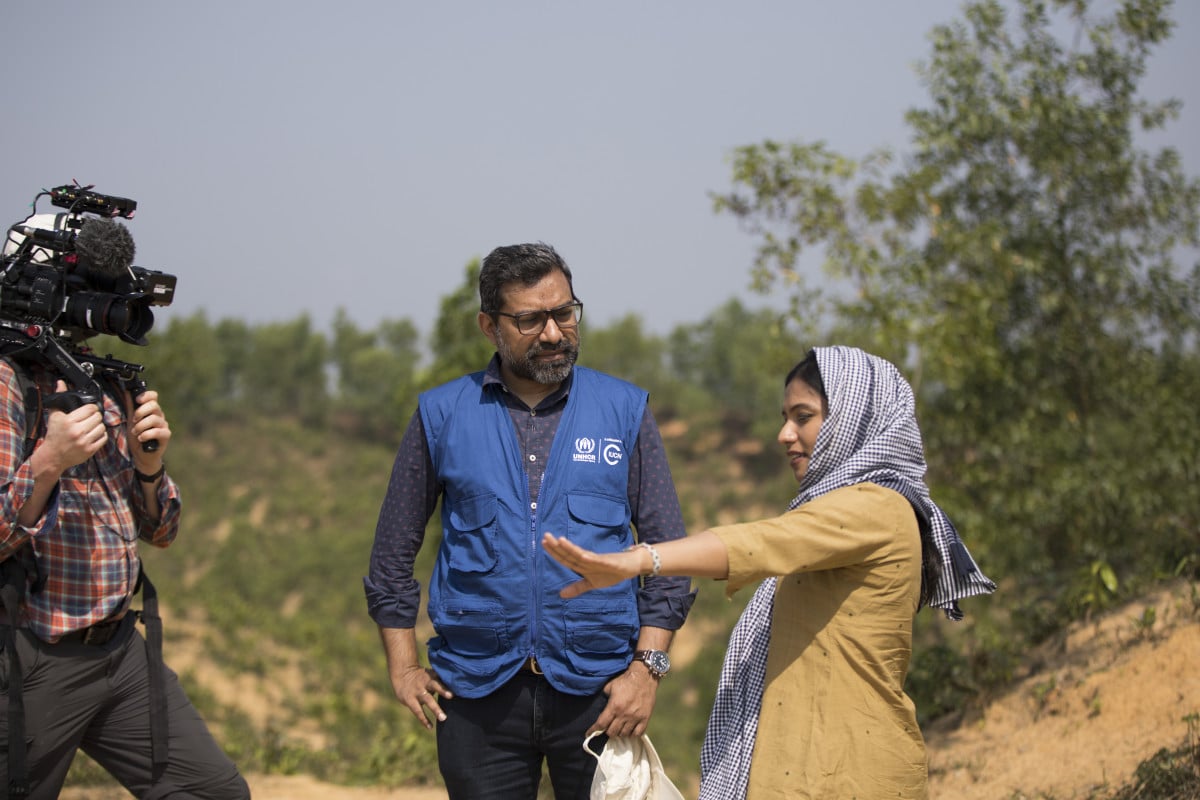
Why It Matters:
For example, filming in the Rohingya camps requires permits, NGO coordination, and adherence to strict humanitarian guidelines. A perfect film fixer familiar with this process will know how to navigate the complexities and ensure that your production proceeds smoothly.
Key Indicators of Strong Local Knowledge:
- Access to unique and lesser-known filming locations.
- Established networks with local vendors and authorities.
- A deep understanding of the area’s cultural and logistical landscape.
5. Evaluate Communication Skills
Clear communication is vital when working with a fixer. They act as the bridge between your team and the local community, vendors, or government officials. Miscommunication can lead to costly delays or misunderstandings.
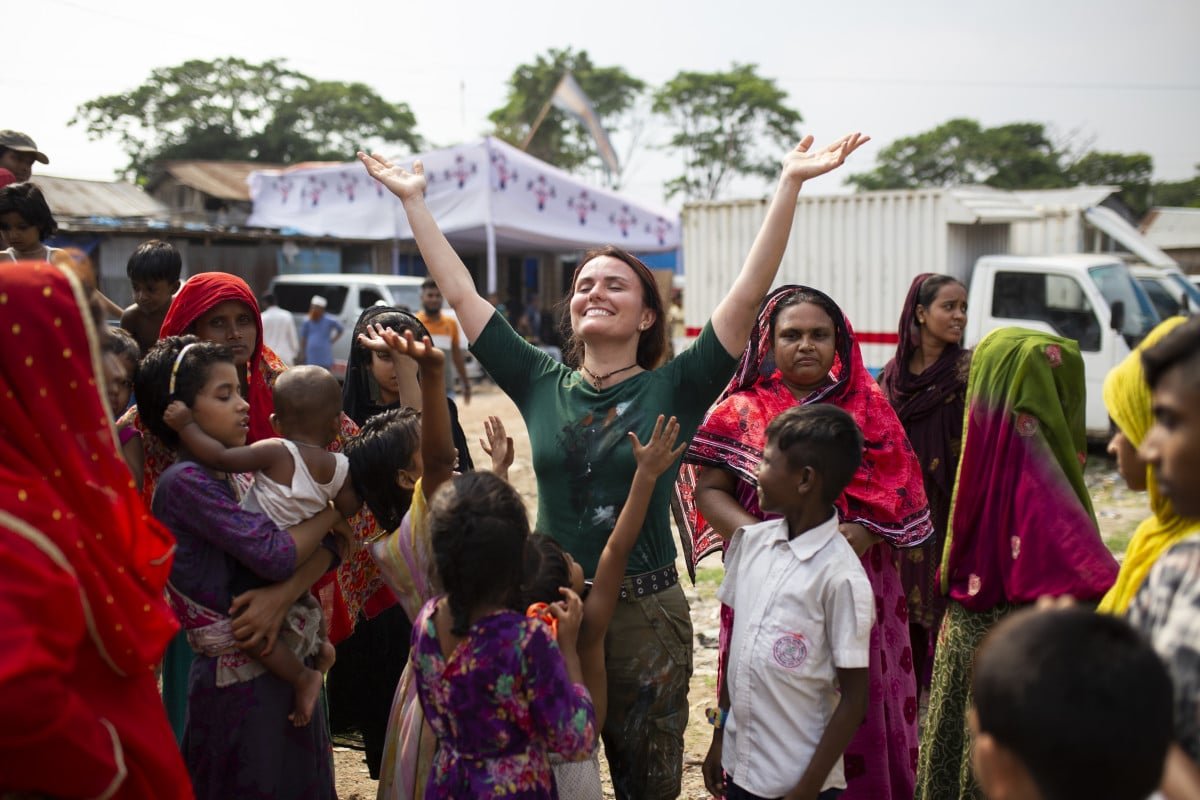
Red Flags:
- Delayed or unclear responses to your inquiries.
- Difficulty understanding your project’s requirements.
Pro Tip: Choose a perfect film fixer who is fluent in English and Bangla for seamless coordination. You can also schedule a video call before hiring to assess their communication style.
6. Test Their Problem-Solving Skills
Productions are unpredictable, and challenges can arise at any moment. From last-minute permit issues to unexpected weather changes, a good fixer must be quick on their feet.
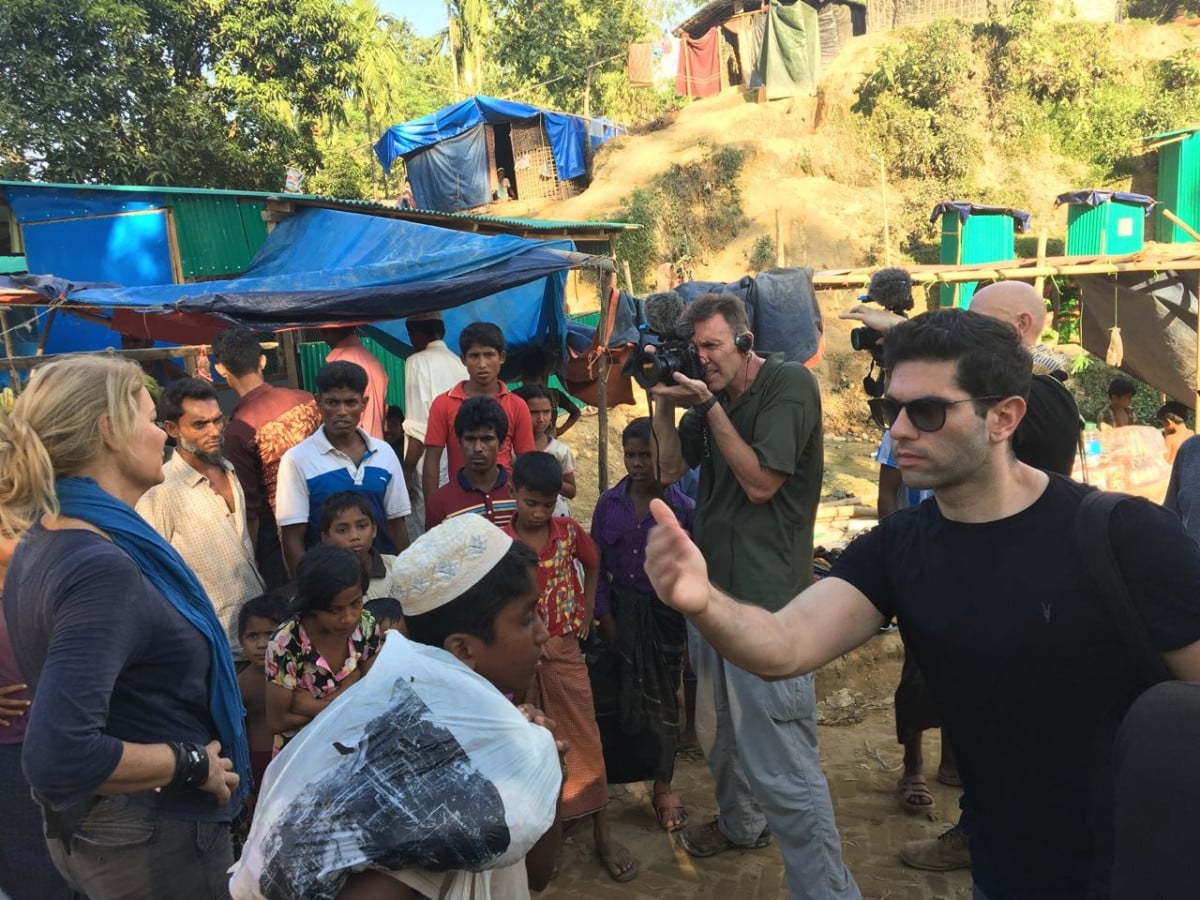
Questions to Ask:
- Can you share an example of a difficult situation you resolved?
- How do you handle unexpected delays or logistical problems?
Real-World Example: Imagine you’re shooting in Cox’s Bazar and heavy rainfall disrupts your schedule. A skilled fixer will already have backup locations or alternative plans in place to keep your project on track.
7. Ensure Cost Transparency
Budgeting is a critical part of any production. Your fixer should provide a clear and detailed breakdown of their fees, as well as any additional costs that may arise during the project. Transparency here helps you avoid surprises later.
Checklist for Cost Clarity:
- Daily or project-based rates.
- Costs for permits, transportation, or equipment rentals.
- Any potential hidden charges.
Pro Tip: While it might be tempting to go for the cheapest option, remember that an experienced fixer often provides better value by avoiding mistakes and ensuring efficiency.
Bonus Tip: Specialized Knowledge for Sensitive Areas
If your project involves filming in sensitive locations, such as the Rohingya camps, your fixer must be well-versed in the specific requirements for such shoots. These include obtaining special permits, coordinating with NGOs, and maintaining ethical guidelines.
For more insights, check out Nree Productions’ guide on filming in the Rohingya camp, which provides a comprehensive overview of the process and challenges involved.
Conclusion
Choosing the perfect film fixer in Bangladesh is not just about ticking boxes—it’s about finding a partner who understands your vision and has the expertise to bring it to life. From ensuring smooth logistics to handling unforeseen challenges, a skilled fixer can make all the difference to your production.
Take the time to research, ask the right questions, and prioritize experience and local knowledge. Whether you’re shooting in the bustling streets of Dhaka or capturing untold stories in the Rohingya camps, the right fixer will be your greatest ally in turning your creative vision into reality.
Ready to get started? Check out our Complete Guide to Hiring a Fixer in Bangladesh for more detailed advice and resources. Let’s make your production a success!
